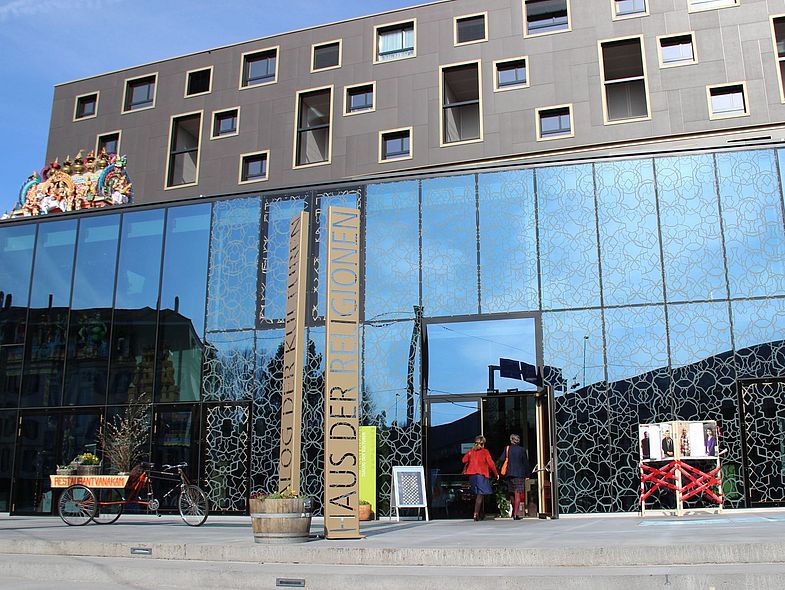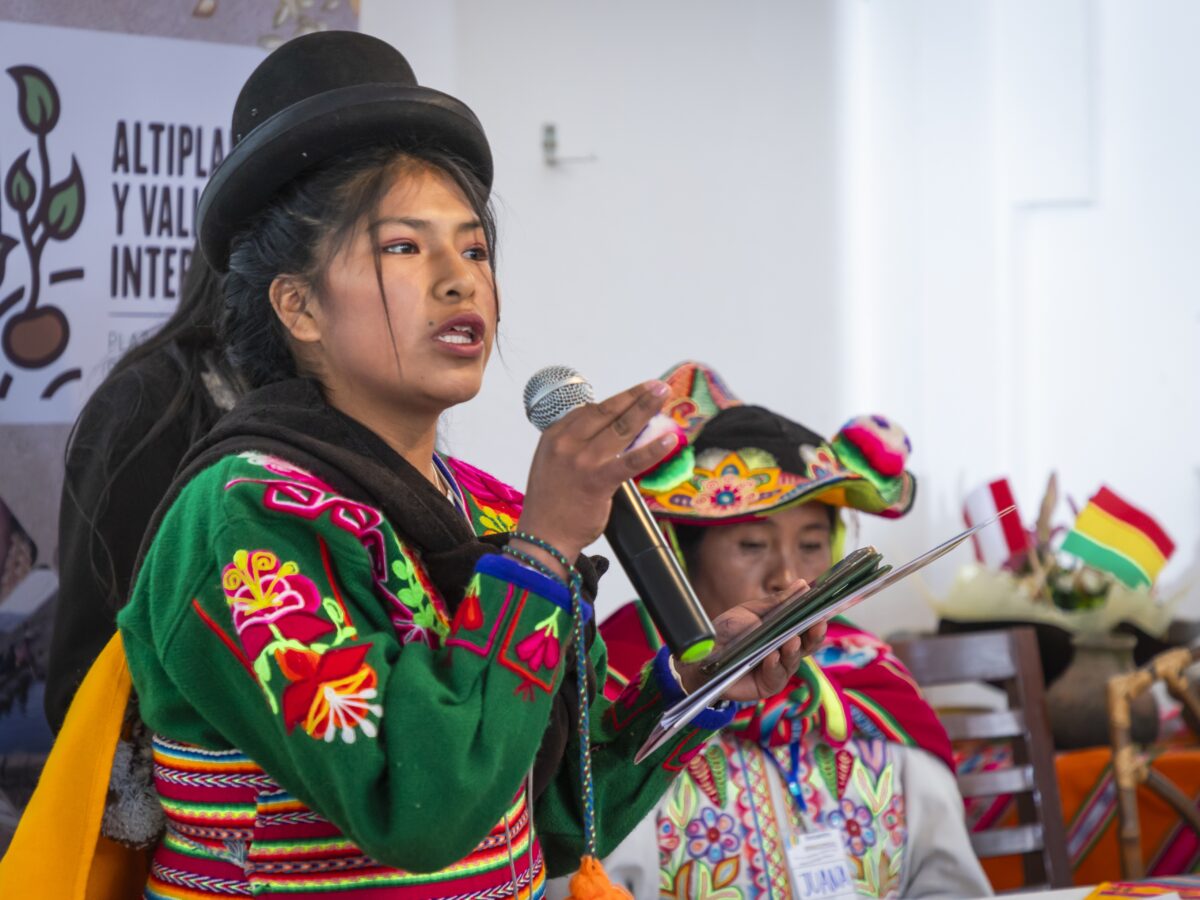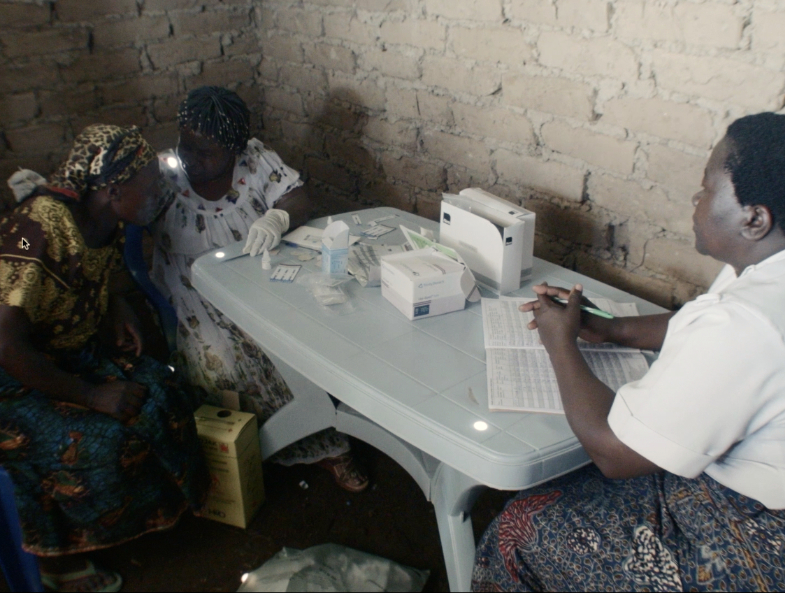The interest was great: Even though the Women's Parliament had to be postponed and despite the restrictions due to the Corona situation, more than 50 women from five different religious communities met at the House of Religions in Bern on Sunday, August 29. Here they spent a day dealing with the topic of self-discovery. The event was organized by the Interreligious Women's Parliament team, in which Mission 21 also participates as part of its work for gender justice.
In the morning, four speakers from different religious contexts provided input on the topic. It became clear that despite different origins, there are commonalities in individual biographies. In workshops in the afternoon, these experiences were discussed in depth and demands for dealing with the topic in society were formulated.
Self-discovery in the new reality
Self-discovery has a special meaning for women from religious families who came to Switzerland as migrants. The first generation of migrants, often fleeing warlike conflicts in their countries, sought a livelihood in Switzerland for their families, the one in Switzerland and the one who stayed behind in their home country.
Many of the women's and men's dreams were shattered by the harsh realities of the new society. For some, their religious community became a place of "home in a foreign land. They passed on their religion and their culture to their children. These Secondas grow up in different cultures. In loving loyalty to their parents, they want to respect their values, but they are also at home in the "Swiss" culture.
Young women between tradition and plural society
Especially from the beginning of puberty, girls experience turmoil, which shapes the identity process. This is intensified by the fact that their brothers are often brought up differently, more freely. Through this intense experience, however, and therein lies an opportunity, secondas, young women of the second generation, can become bridge builders in a plural society. The parliament agreed that this resource is still far too little recognized and used in society.
This shortcoming also stems from the fact that the emancipation processes of young women are often hardly noticed by society, because they take place rather quietly. To pay attention to these processes, to support secondas in their development, and to include them more in the reappraisal of women's history in Switzerland was a unanimous demand of the interreligious women's parliament.







